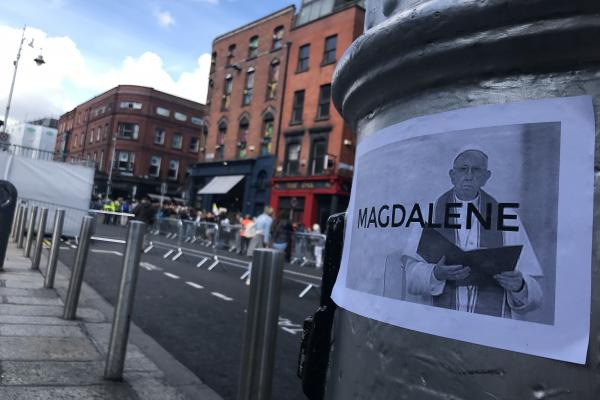Aug 25, 2018
When Pope Francis steps off of his chartered Alitalia flight from Rome at 10:30 a.m. Saturday, he will be walking into a country that is in some ways barely recognizable from the last time he visited the Irish Republic nearly 40 years ago.
Read the Full Article

Already a subscriber? Login
